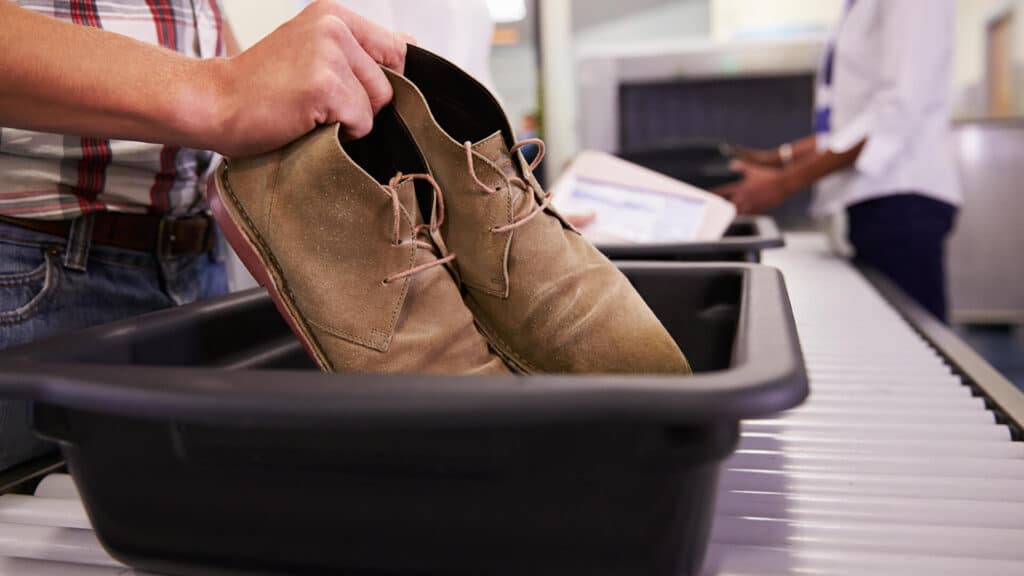Early Friday morning, cybersecurity giant CrowdStrike suffered a massive IT disruption, impacting countless Windows machines and servers around the world. Caused by a faulty tech update, the glitch sent systems into a recovery boot loop that prevented devices from starting correctly. Organizations, including Microsoft, consequently scrambled to restore essential apps and services used by numerous companies worldwide. The outage disrupted airlines, banks, TV broadcasters, supermarkets, and many other businesses.
Airlines were particularly hard-hit, with many experiencing the dreaded ‘blue screen of death‘ at startup, causing widespread operational halts. The Federal Aviation Administration (FAA) is helping U.S. carriers like Delta, United, and American Airlines resolve the travel delays triggered by the event.
Passengers affected by these flight disruptions may qualify for refunds, hotel or meal vouchers, or other compensation, although policies differ among airlines. Experts are divided on whether this outage falls within or outside of carriers’ control—a critical factor in determining eligibility for financial compensation. However, the U.S. Department of Transportation (DOT) guarantees that if a carrier cancels a flight and the customer opts not to travel on an alternate flight, they are entitled to a refund of the ticket price and fees, even for non-refundable tickets.
Travelers can also claim a refund for significant schedule changes or delays, though the DOT doesn’t define “significant.” Starting October 28, airlines must promptly and automatically pay refunds for significant itinerary changes, defined as delays of three hours for domestic flights and six hours for international flights. But since this rule is not yet in effect, customers impacted by Friday’s outage may face challenges claiming refunds.
Those who purchased tickets through third-party booking sites might find it more difficult to obtain compensation. For instance, Expedia reported high call volumes and long wait times due to the global IT issue, encouraging non-urgent callers to hold off on reaching out.
However, many travelers ultimately need or want to reach their destinations, meaning they wouldn’t be entitled to a refund. In such cases, federal guarantees don’t apply, and airline-specific policies come into play. The DOT outlines each carrier’s promises in the event of cancellations or long delays, which airlines must adhere to. All commit to rebooking passengers for free on the same airline, and some offer rebooking on partner airlines, meal vouchers, or hotel stays for long delays or cancellations.
Passengers should keep receipts for unexpected expenses incurred due to delays or cancellations, like lodging and meals, to provide proof when filing claims with airlines or travel insurers.











